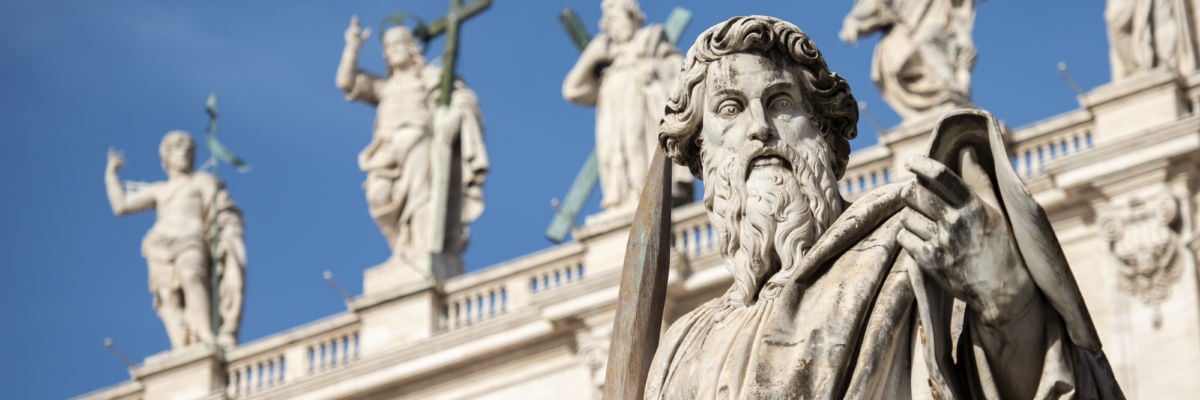
Question:
Answer:
In his Letter to the Ephesians, St. Paul provides:
8 For by grace you have been saved through faith; and this is not your own doing, it is the gift of God— 9 not because of works, lest any man should boast. 10 For we are his workmanship, created in Christ Jesus for good works, which God prepared beforehand, that we should walk in them.
In short, salvation is undoubtedly a gift from God, which we cannot earn. And yet we have to accept or reject that gift. St. Paul is speaking here of initial justification and reminding us that we cannot earn salvation. And yet we still have to accept that gift by our free-will choices and persevere in possessing it, i.e., abiding in right relationship with Jesus (John 6:55-56; 15:1-11).
Here we also see that Scripture speaks of salvation equivocally. We can speak of having been saved after receiving the Sacrament of Baptism. And yet we must persevere in abiding in the Lord if we are to be saved, as Jesus tells the rich, young man (Matt. 19:16-26), and reminds his disciples that they must forgive their neighbors if they want to be forgiven themselves and thus attain heaven (Matt. 6:14-15). So, the doctrines of “faith alone” and “once saved, always saved” do not pass scriptural muster.
For more on this subject, please see this article by Tim Staples.



